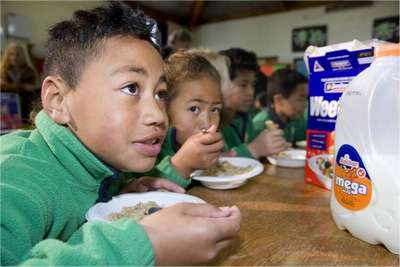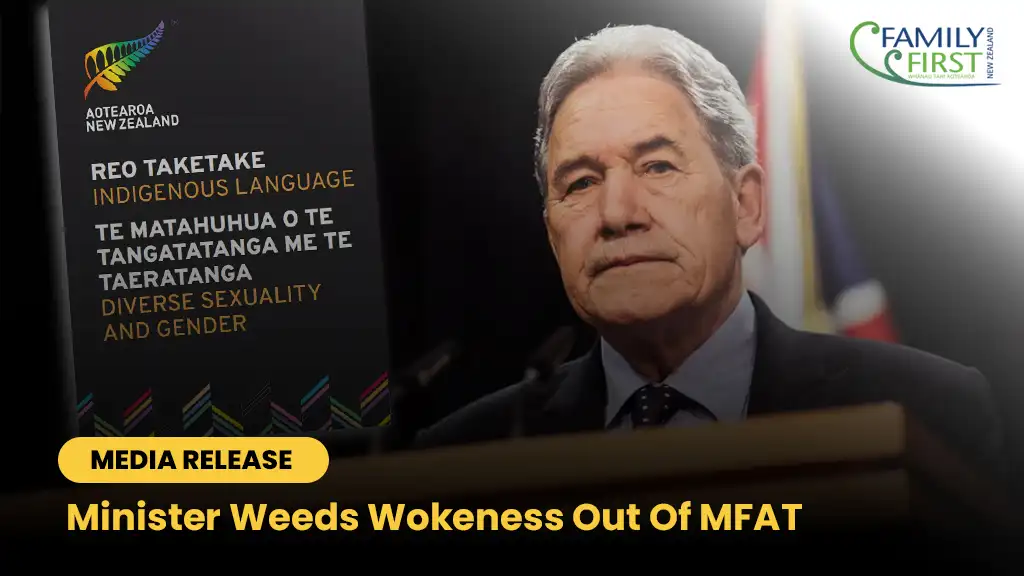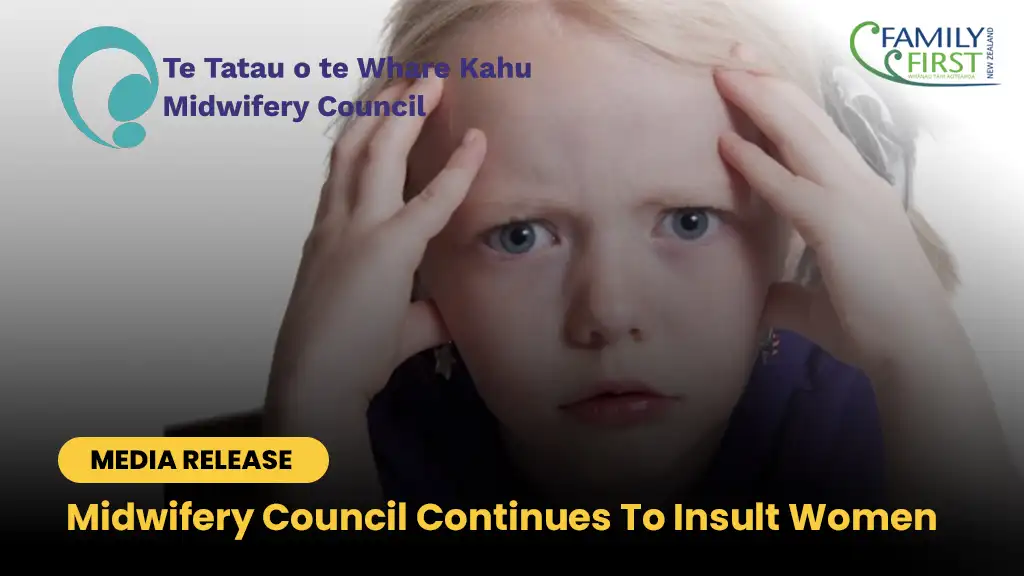Media Release 29 August 2019
Family First NZ says that lunch in schools programmes will simply exacerbate the problem, provide a short term bandage, but ignore the underlying causes and how they must be resolved.
“A child whose parents cannot even provide two pieces of toast in the morning or a bowl of porridge, or cannot provide a basic lunch highlights a number of real concerns,” says Bob McCoskrie, National Director of Family First NZ.
“Firstly, if the children aren’t being fed on schooldays, how do we know that they are receiving meals at night or during the weekend, or during the 12 weeks of school holidays? As well as that, the level of neglect may be far greater than just providing meals.”
“Secondly, there is a welfare system in New Zealand. Every home has a source of income. The important question is – what is the money being spent on, and is that appropriate? Are they receiving their correct entitlement? And in the case of welfare payments, will food vouchers solve part of the problem?”
“State-funded lunches are a short-term bandage for a much more serious and longer-term illness. It also creates a dependence on a service which may not always be able to be provided.”
“The best investment by the government would be to provide budgeting advice and support for families who are struggling, including education on healthy eating and cooking skills. Where there is genuine financial need – and there are sure to be genuine cases out there – WINZ should play a role so that we start to understand the extent of the problem,” says Mr McCoskrie.
“Schools are providing an important stop-gap measure which is to be admired, but the greater issue is – is it solving the problem long-term. Schools should educate our children – not raise them.”
“Children should not be punished by having parents who are failing to fulfil a basic parenting role. The danger is that nice sounding programmes like this are simply rewarding bad parenting.”
ENDS




